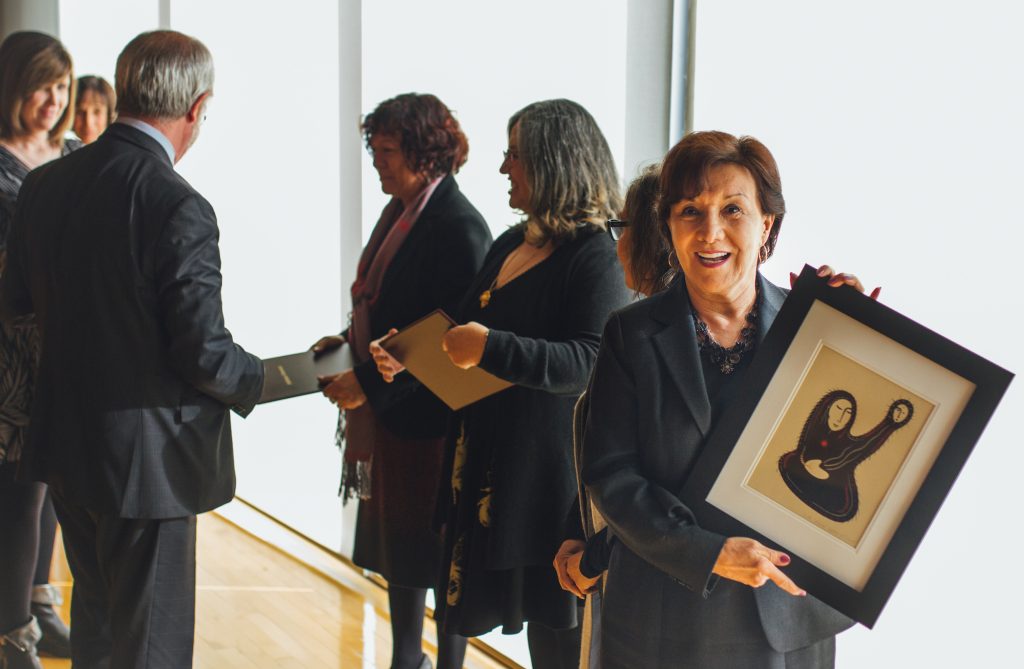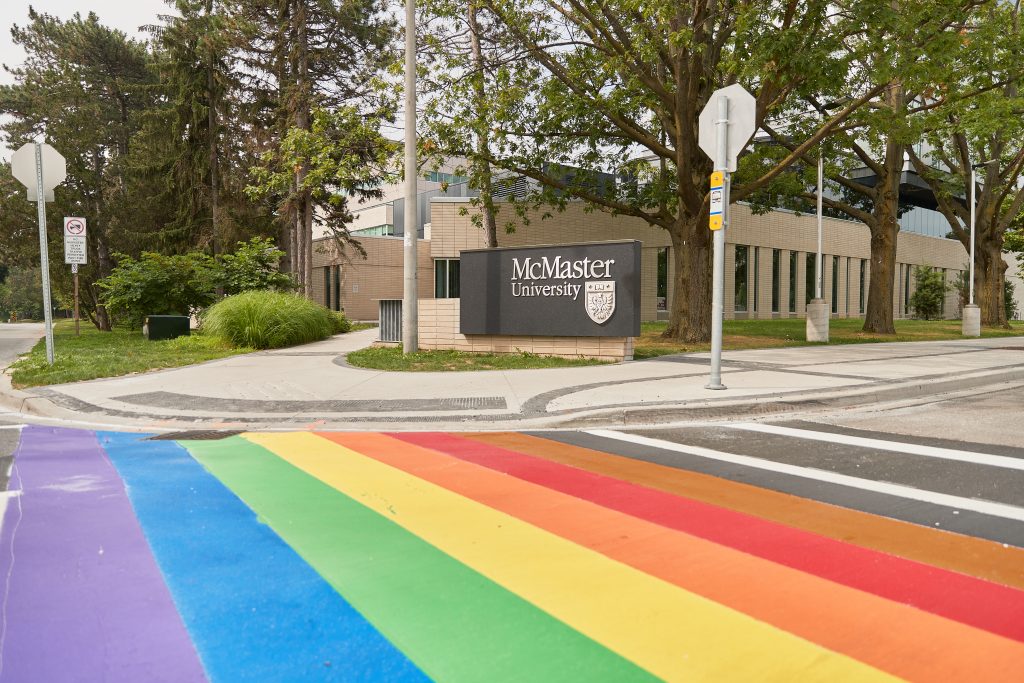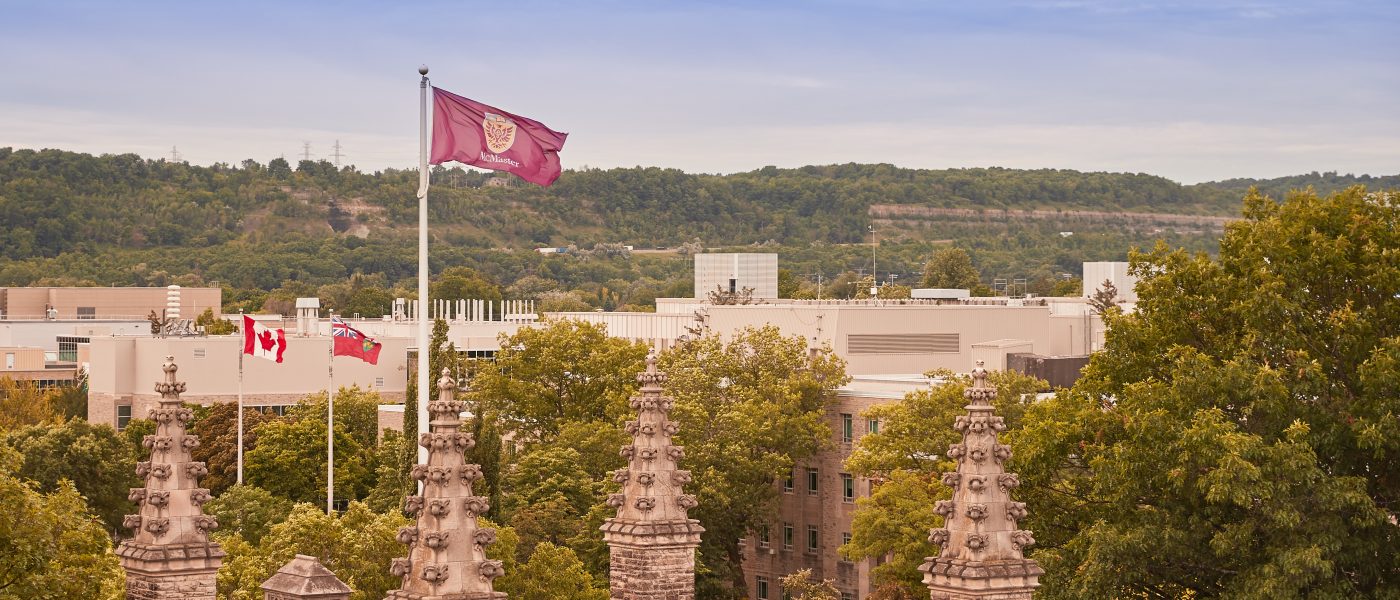Community-Based Research
Through our Community-Engaged Research program, we offer friendly connections and navigation to students, faculty, and community members who want to use research to contribute to the public good, but don’t yet know how to find each other. We understand that community organizations are under pressure to demonstrate value, relevance, and impact through evidence in a shifting funding environment, while national research funding bodies are increasingly funding community-engaged research partnerships.
With this in mind, the Office of Community Engagement facilitates and supports research at McMaster with connection and benefit to Hamilton communities through the Research Shop, by supporting connections between faculty members and community groups, and liaising between partners and regional and national research networks.
What is Community-Based Research?
Community Based Research Canada defines Community-Based Research as:
“A research approach that involves active participation of stakeholders, those whose lives are affected by the issue being studied, in all phases of research for the purpose of producing useful results to make positive changes.” (Nelson, Ochocka, Griffin & Lord, 1998, p.12)
Nelson, G., Ochocka, J., Griffin, K. & Lord, J. (1998)., Nothing about me, without me: Participatory action research with self-help/mutual aid organizations for psychiatric consumer/survivors. American Journal of Community Psychology, 26(6), 881-912.

Why does this program exist?
We understand that community organizations are under pressure to demonstrate value and relevance through evidence in a shifting funding environment.
Students are also looking for experiential learning and transferable job skills to give them better chances of success as they enter a competitive labour market.
Finally, national research funding bodies (like the Tri-Council) are increasingly funding community-based research for faculty, but building geniune relationships takes time, which isn’t always funded.
What is the benefit of this program?
Through the Community-Based Research program, we offer friendly connections and navigation to students, faculty, and community members who want to use research to contribute to the public good, but don’t yet know how to find each other.

HOW YOU CAN PARTICIPATE
Connect With Us Learn More
Do you have a question about our Community-Based Research program? Contact our office.
McMaster Research Shop Learn More
The McMaster Research Shop works with public, non-profit, and community organizations in and beyond Hamilton to provide plain-language answers to your research questions.
President’s Awards for Community-Engaged Research Learn more
The President’s Award for Community-Engaged Research was established to recognize both community and campus representatives who have demonstrated a commitment to initiating and supporting excellence in community-campus research initiatives.
Community-Engaged Research Day Learn More
Community-Engaged Research (CER) Day annually highlights and celebrates CER happening across McMaster University in partnership with Hamilton organizations and communities. It offers opportunities for campus and community members to forge partnerships, foster research connections, and address CER challenges through meaningful conversations.
Other Community-Based Research Opportunities
Spark: a centre for social research innovation Learn More
Spark connects researchers to the people, skills and tools needed to stand at the forefront of social research innovation. It is their mission to engage with researchers and community organizations to harness the full power of social research to build a brighter world. Spark is located within McMaster’s Faculty of Social Sciences.

